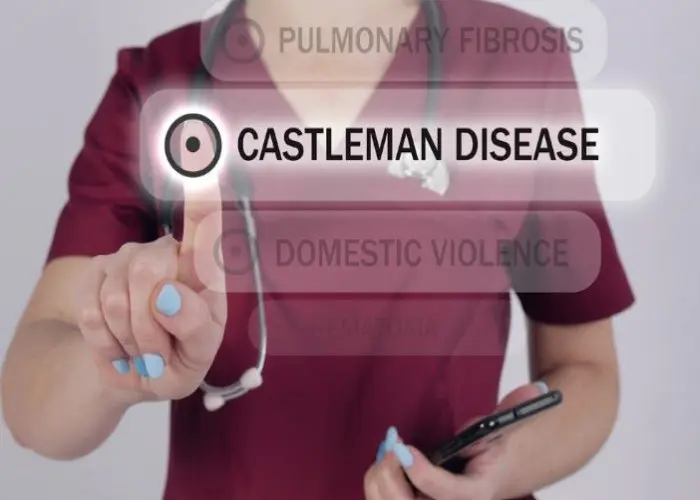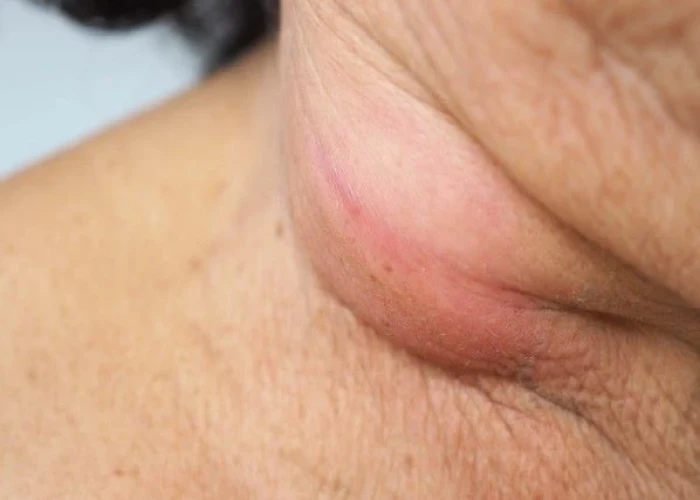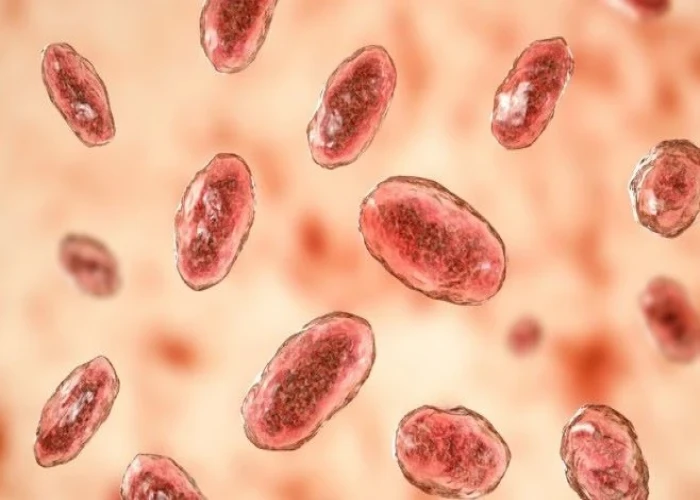 Welcome
Welcome
“May all be happy, may all be healed, may all be at peace and may no one ever suffer."
Lymph node - Diseases
Lymph nodes are small, bean-shaped structures that are part of the lymphatic system, which is a network of vessels and tissues that helps to transport and filter lymph, a fluid that circulates throughout the body and plays a key role in the immune system.
Lymph nodes are found throughout the body, but they are most concentrated in areas such as the neck, armpits, and groin. They are responsible for filtering and trapping foreign particles and bacteria from the lymphatic fluid, helping to fight infections and other diseases.
When the body is fighting an infection, the lymph nodes may become swollen and tender as they work to clear the invading pathogens. In some cases, such as with certain types of cancer, the lymph nodes may become enlarged or swollen due to the spread of cancer cells from nearby organs or tissues.
Lymph node biopsies, which involve removing a small sample of tissue from the lymph node, may be performed to diagnose certain conditions such as lymphoma or tuberculosis.
Treatment for lymph node conditions depends on the underlying cause and may include medication, radiation therapy, or surgery to remove the affected nodes.
In summary, lymph nodes are small structures that are part of the lymphatic system and play a key role in the immune system. They filter and trap foreign particles and bacteria from the lymphatic fluid and may become swollen or enlarged in response to infection or disease. Treatment for lymph node conditions depends on the underlying cause.
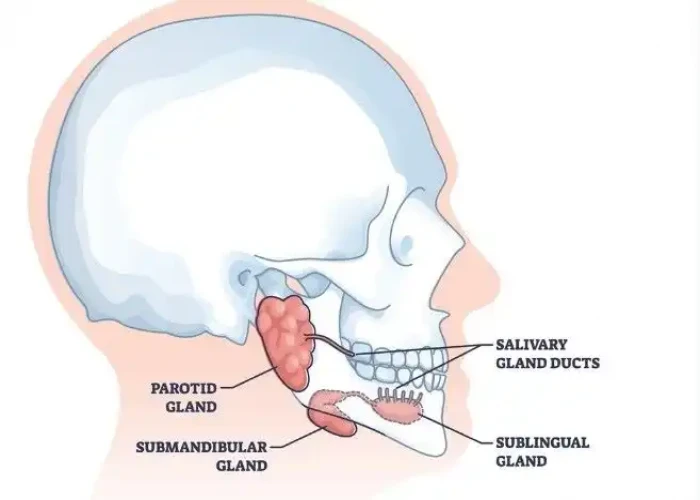
Parotid glands
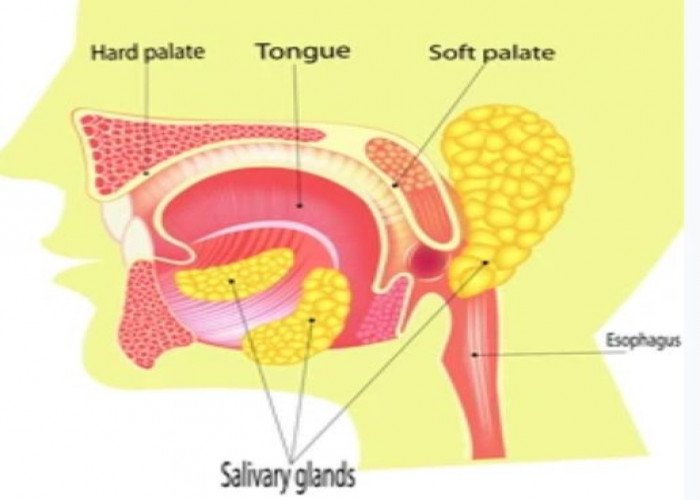
Salivary glands
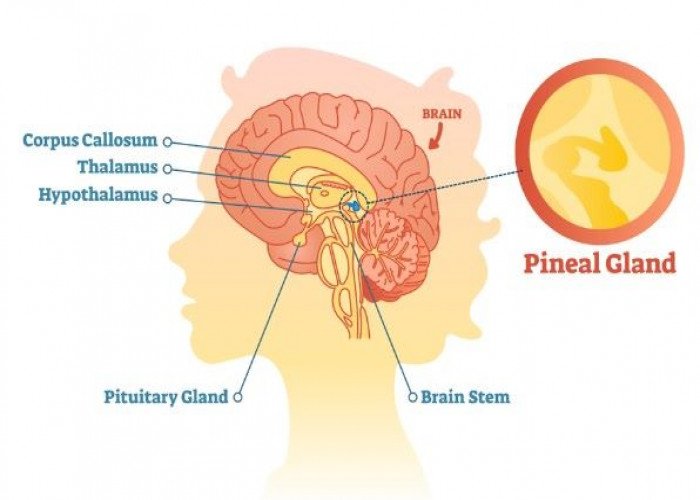
Pineal gland

Finger

Hair
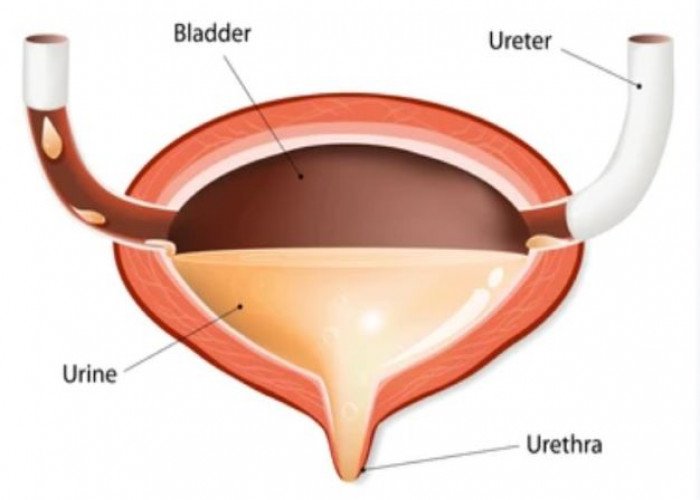
Urethra
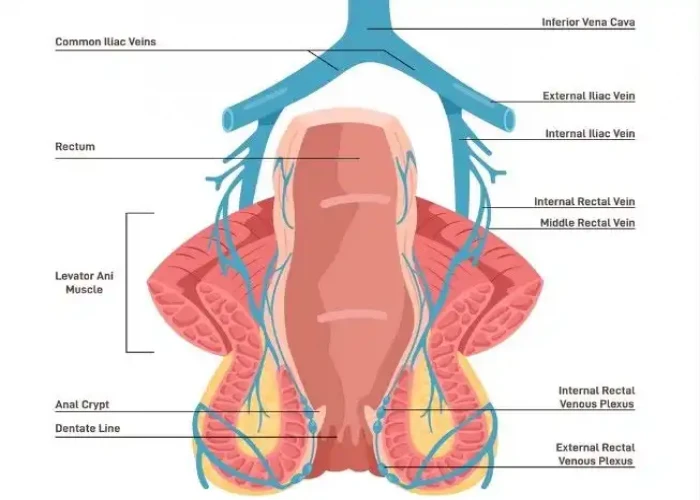
Anus

Spinal Nerves
Lymph node, Lymph, Swollen lymph nodes
To be happy, beautiful, healthy, wealthy, hale and long-lived stay with DM3S.
